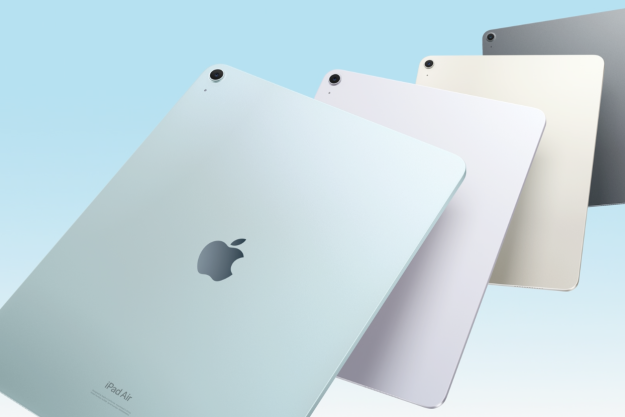Running a robocall operation can be a costly business, it seems, especially if you find yourself on the end of a fine handed out by the Federal Communications Commission (FCC).
The American regulator has just announced what it says is a record-breaking $300 million fine for “the largest illegal robocall operation the agency has ever investigated.”
Operating since at least 2018, the enterprise involved a “complex scheme designed to facilitate the sale of vehicle service contracts under the false and misleading claim of selling auto warranties,” the FCC said in a release. Two of the central players, Roy M. Cox and Aaron Michael Jones, were already under lifetime bans against making telemarketing calls.
The operation placed more than 5 billion robocalls to more than 500 million phone numbers during a three-month period in 2021. It violated federal spoofing laws by using more than 1 million different caller ID numbers in an effort to disguise the true origin of the robocalls, a ruse designed to increase the chances of the target answering.
According to the FCC, the operation ignored numerous robocall prohibitions, including:
- Making pre-recorded voice calls to mobile phones without prior consent
- Placing telemarketing calls without written consent
- Dialing numbers included on the National Do Not Call Registry
- Failing to identify the caller at the start of the message
- Failing to give a call-back number to allow call recipients to opt out of future communications
- Violating spoofing laws by using misleading caller ID to disguise the caller in the hope of getting the person to answer
In 2022, the FCC told all U.S.-based voice service providers to stop carrying traffic linked to members of the operation, causing the robocalls to plummet by 99%.
The Ohio Attorney General’s Office then brought a lawsuit under the Telephone Consumer Protection Act against a number of entities and individuals linked to the robocalls. The FCC proposed a fine and gave the involved parties an opportunity to respond, which they failed to do, and now they face this massive penalty.
The FCC said that if they fail to pay, the case will be sent to the U.S. Department of Justice.
Commenting on the fine, the FCC’s Loyaan A. Egal said: “We take seriously our responsibility to protect consumers and the integrity of U.S. communications networks from the onslaught of these types of pernicious calls.”
Editors' Recommendations
- Robocalls using AI-powered voice-cloning tech banned by U.S. agency
- SpaceX claims 5G plan could ‘render Starlink unusable for most Americans’
- FCC could require carriers to block robocalls. Here’s why they didn’t before
